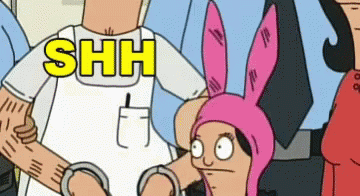
How to Allow Yourself to be Vulnerable
How to Allow Yourself to be Vulnerable
Ever feel like there’s something in your way when you’re trying to be vulnerable? You can’t seem to grasp the concept or feel silly opening up?
Well, you’re not alone. Many of us often feel the need to close ourselves off and stop ourselves from being vulnerable. It’s usually because we fear may look weak or that others would judge us for what we have to say.
In this article, we’ll prove to you that being vulnerable is powerful and that it’s a lot easier than you think with 4 simple steps.
But before we get into how to allow yourself to be more vulnerable and open, you’re maybe wondering…
Why is vulnerability so important in the first place?
It helps others see your true self and makes them more comfortable sharing their own feelings with you.
Being vulnerable also helps you maintain and foster good emotional health. By being open and honest about your feelings you promote awareness within yourself and avoid suppressing those sentiments.
But more than this, vulnerability helps you have authentic conversations that are meaningful. It can lead to forming deeper connections and more tight-knit bonds.
Being honest in this way also allows you to understand where people are coming from and gives you the means to comprehend different perspectives.
So, how do you become vulnerable?
Fight that little voice in your head trying to keep you closed off.
It’s normal to fear showing yourself to someone in your most vulnerable form. Because there is often a fear of rejection associated with showing our ‘true selves. We’re afraid to be seen as weak, and judged for our most intimate feelings.
And so when we’re trying to open up the little voice in our heads tries to ‘protect’ us from getting our feelings and dissuades us from opening up.
However, that little voice in our heads may have it wrong.
More often than not, people respect vulnerability and as mentioned earlier, see it as a sign of strength. Because it takes bravery and courage to be your most authentic self.
2. Be willing to explore yourself
To be vulnerable, you first have to look inward. You have to be willing to explore the deepest parts of yourself then allow those parts to be present on the outside.
This takes some patience and fearlessness but the results are astounding. When you explore yourself you become more in-tune with your feelings and learn how to better manage your emotions.
It also helps you lead a more fulfilling life filled with awareness and understanding.
3. Remember, being vulnerable doesn’t give others the power to hurt you
As mentioned earlier, one of the reasons why we may be so afraid of vulnerability is because we’re afraid of how people may respond to it.
Another reason is that we’re afraid that we’re giving people the ammunition to hurt us. It’s a scary thought to think that someone could weaponize your deepest fears and feelings against you.
But just remember that no one can hurt you for being your truest self.
You’re not giving them the power to hurt you, you’re just enlightening them with your realness.
4. Know that you won’t be judged by the right people
Now that you’re comfortable with being honest with your feelings and looking inward to find yourself, what if someone does judge you for it?
Not everyone has the capacity to understand another’s feelings and that’s ok.
This doesn’t mean that everyone will treat you this way and if anything it just means that your search for understanding people to be vulnerable with continues.
It’s important to remember that whilst it seems scary, being vulnerable is the only way to build true human connections and connect with others on a deeper level.
Kopi Date is a startup that curates thoughtful 1:1 coffee dates at unique spaces in Singapore.
Simply share with us your story; what makes you, you. When your date has been scheduled, turn up at our partnered unique spaces for your date! You’ll be served with a complimentary coffee and a Kopi Date experience kit.
Kopi Date is a step away from the frustrations of online dating, transforming the overly digitised process into a humanised experience.








